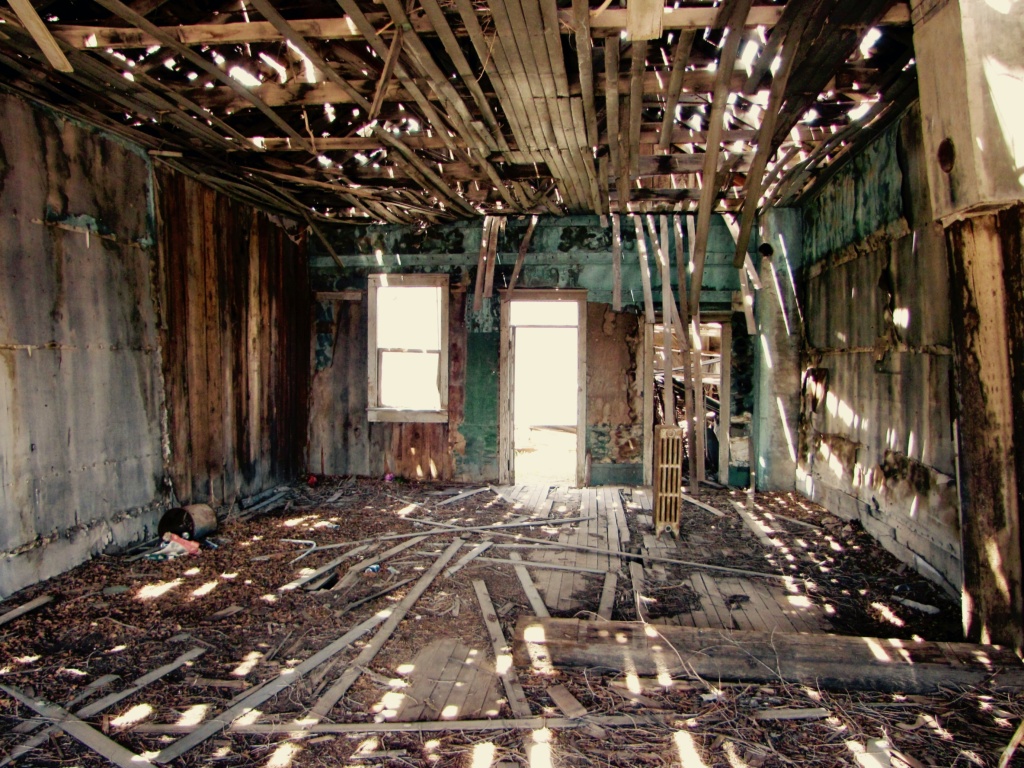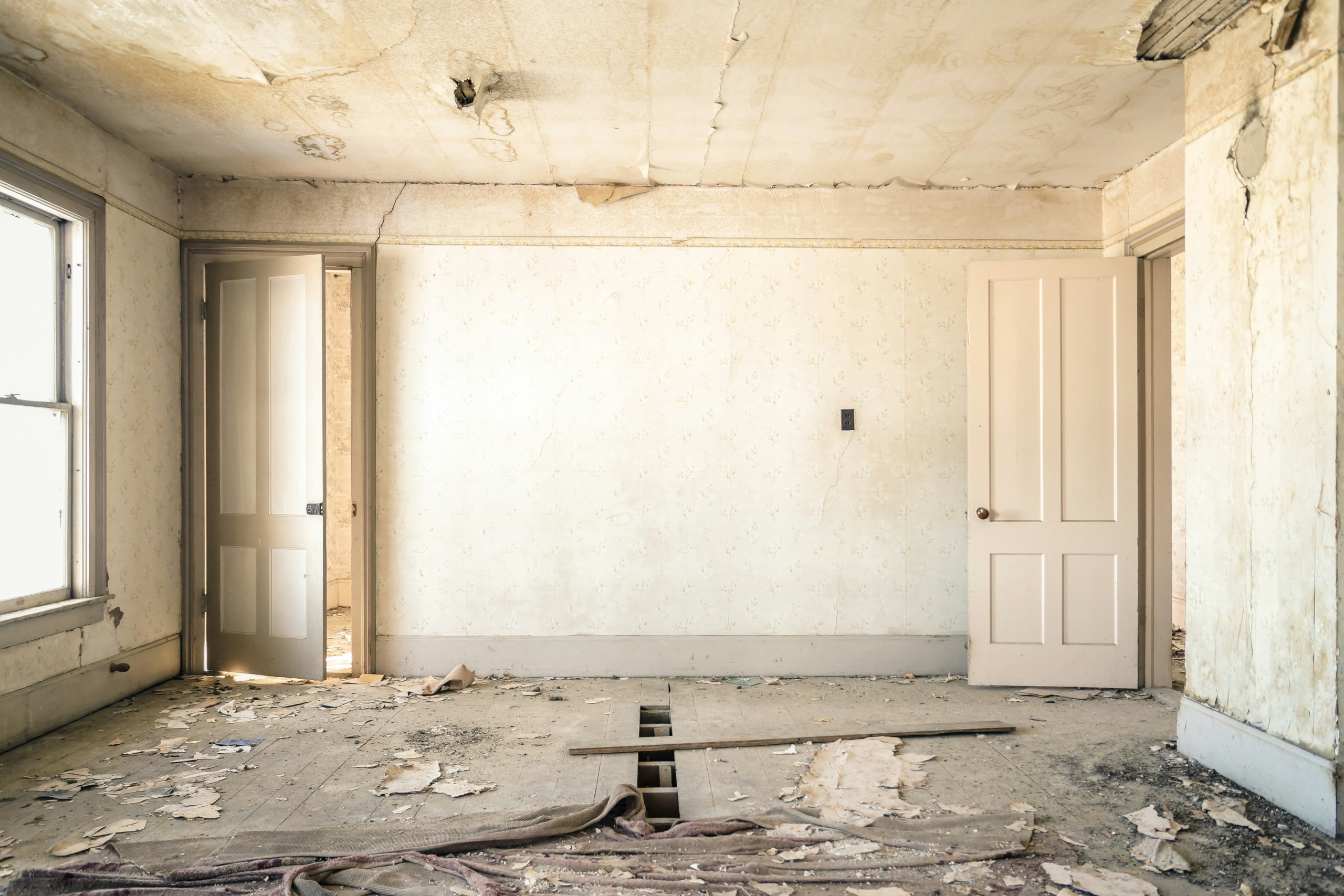The connection between housing and health is undeniable, as Australia’s current housing crisis continues to impact people nationwide, the health implications of inadequate housing are becoming more and more apparent. From physical impacts like mould toxicity and respiratory issues, to mental health issues like ongoing stress, anxiety and depression – safe and secure housing is the foundation upon which we build a healthy and thriving community.
Recent reports have revealed alarming statistics about the state of Australian homes and their impact.

Physical Health and Wellbeing
50% of Australians have experienced mold or dampness in their homes in the last 12 months, with 34% specifically reporting mold. Ongoing mold infestations can lead to respiratory problems, allergies, and other health issues including developing asthma, skin conditions and mental health issues. However many people have reported concerns on informing their landlords on these issues, for fear of eviction, significant disruption and the stress of incurring maintenance costs.
70% of Australians have also dealt with pests like spiders, ants, cockroaches, dust mites, and mice in the past year. All of which can trigger allergic reactions and asthma flare-ups, due to airborne allergens.
Whilst many people reported that they would be happy to deal with the issues themselves, 25% of Australians were struggling to secure the means to do so, finding it too expensive to purchase or use equipment like air purifiers and dehumidifiers, which are essential for mitigating issues related to mould and pests.
Mental Health, Affordability and Housing Stress
Research by Professor Bentley highlights that renters are particularly vulnerable to negative mental health impacts from housing stress. The concept of “double precarity” — the combination of insecure housing and insecure employment — has severe consequences for mental health and well-being. This stress can lead individuals to compromise on their health, activities that bring joy, and their outlook on the future.
In Australia a person is considered to be facing ‘housing stress’ if more than 30% of their household income is used on rent. According the most recent ‘Everybody’s Home, Brutal Reality Report’ 67% of people are currently experiencing housing stress, 75% of renters are in rental stress and 66% of people are worried about the impacts the housing crises is having on their mental health and general wellbeing.
Australia’s rental affordability is at a 17-year low, with rental prices expected to increase by another 10% this year. Factors such as rebounding migration, record low rental vacancies, subdued dwelling investment, and strong income growth have driven market rents up by over 30% since 2019. These conditions contribute to the overall housing stress experienced by many Australians.
Habitat for Humanity Australia’s Role and our SHARP program
Organisations like ours at Habitat are working to address these challenges by advocating for better housing policies and developing programs like ‘SHARP’. Which enables developers to rent their unused properties to low-income families through Habitat at a reduced market rate, whilst enabling these developers to access significant benefits. Through the SHARP program we have been able to support people like Jane*, a young single mother with a baby, who was able to escape a DV situation. With safe housing Jane is able to rebuild her life and support both the physical health and mental health of her and her child as well as provide both of them the stability and security to take future opportunities in employment, education and more.
Learn more about our SHARP program and how you could become involved here: https://habitat.org.au/what-we-do/australia/rental-program/
The relationship between housing and health underscores the urgent need for comprehensive strategies to improve housing conditions in Australia. Ensuring safe and adequate housing is vital for public health, economic stability, and sustainable development.
*name has been changed for confidentiality


